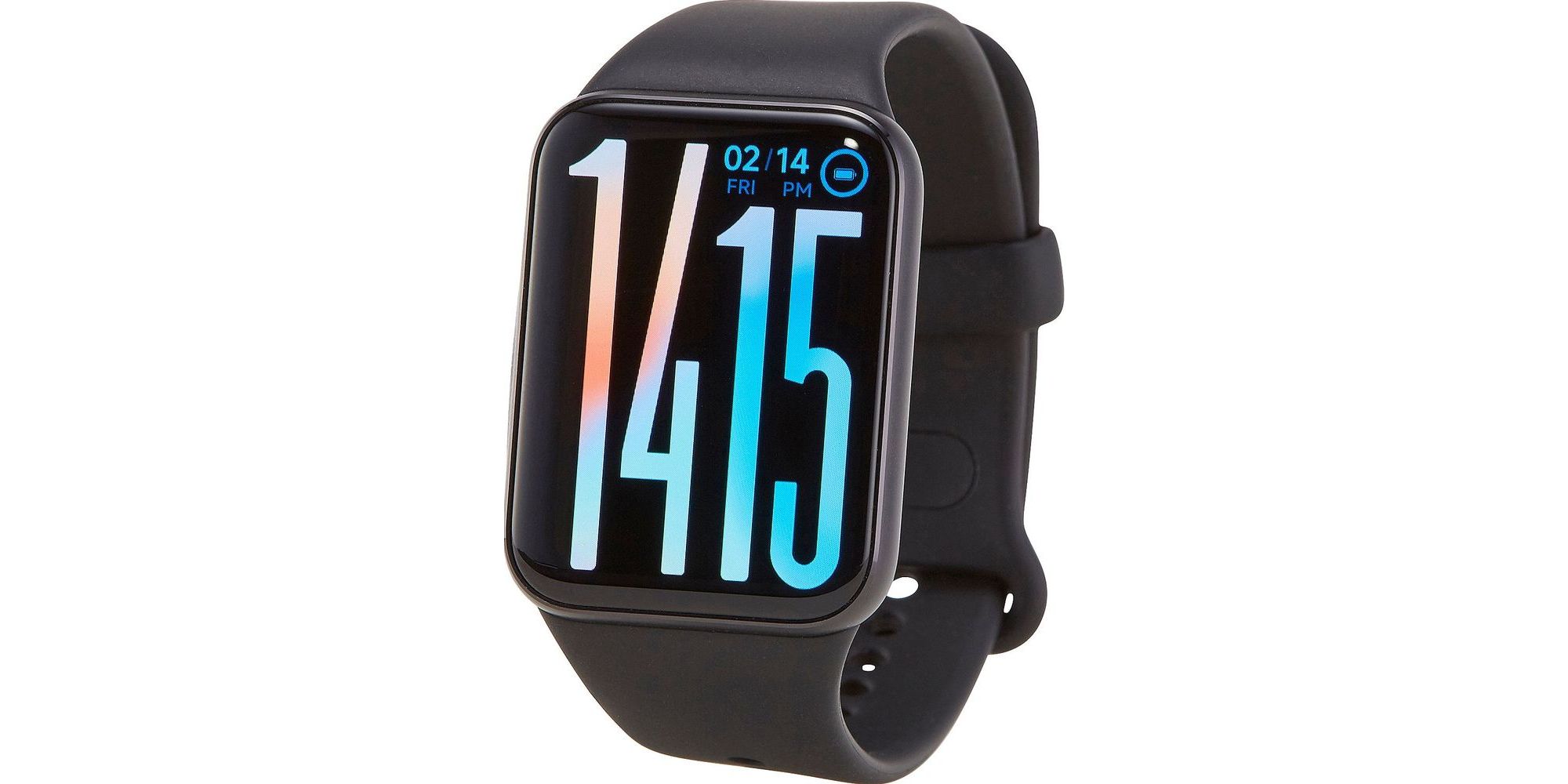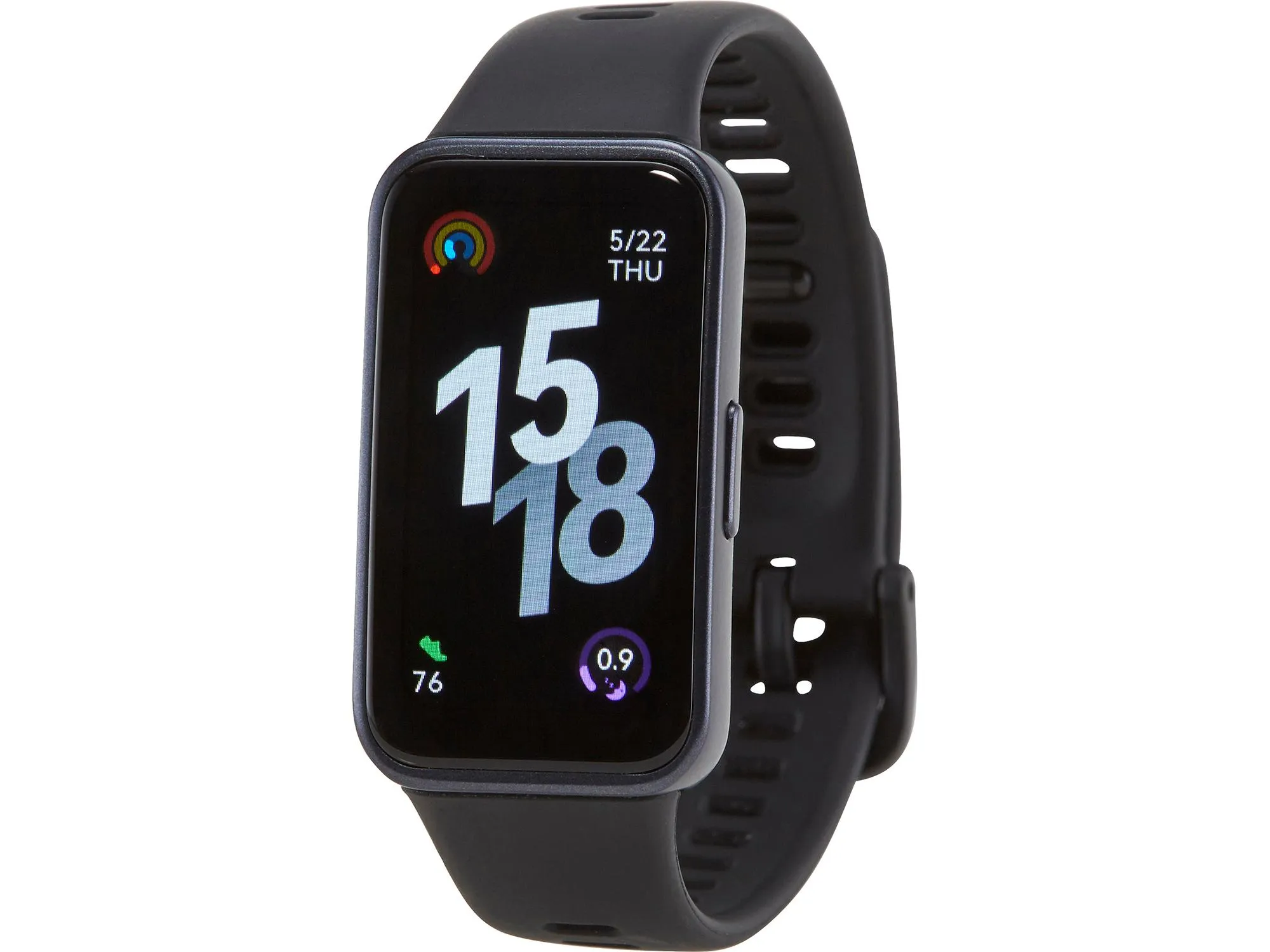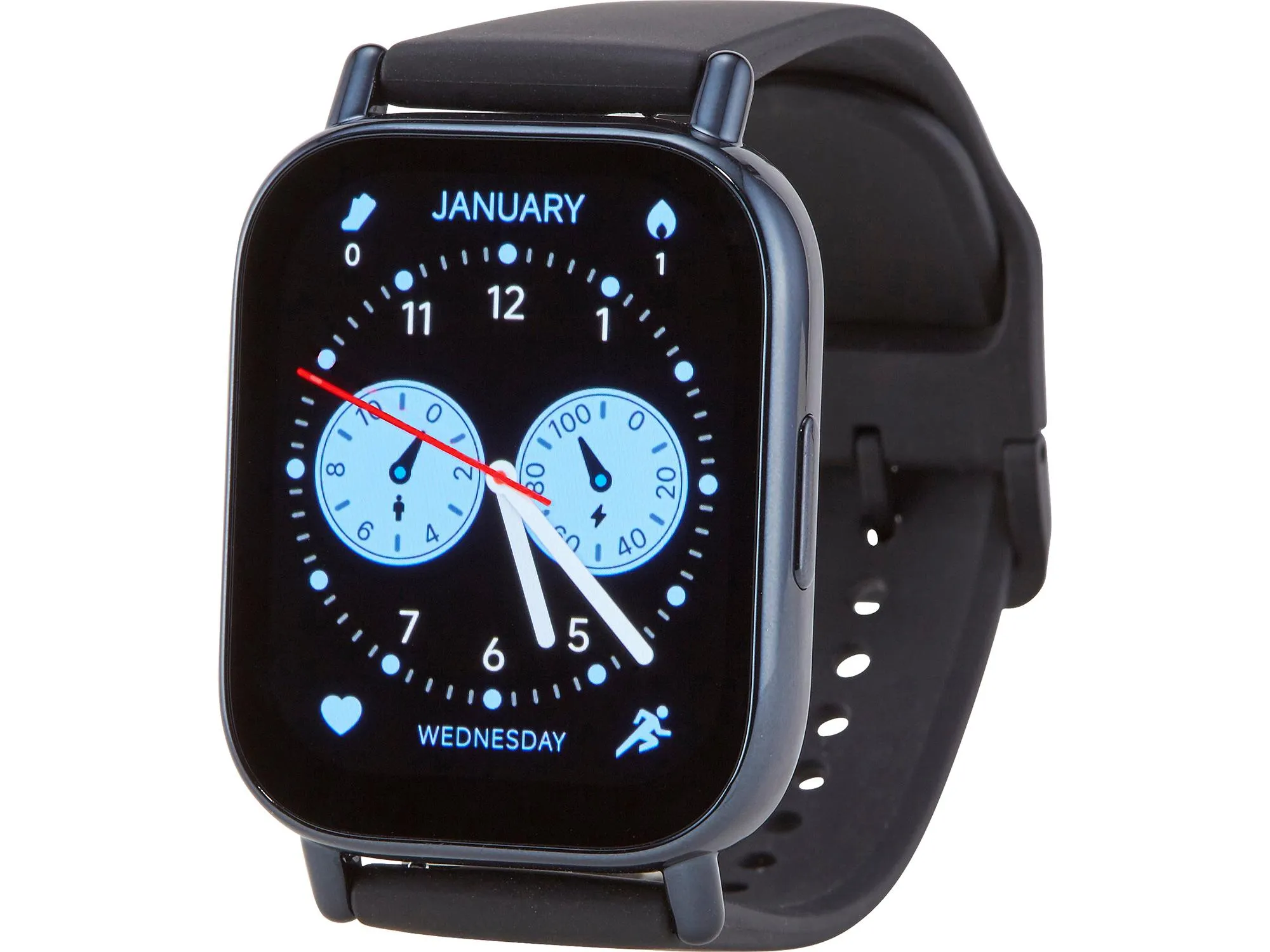By clicking a retailer link you consent to third-party cookies that track your onward journey. This enables W? to receive an affiliate commission if you make a purchase, which supports our mission to be the UK's consumer champion.
Why you don't need to spend more than £50 on a fitness tracker

With lots of fancy smartwatches on the market from big brands like Apple, Samsung and Google, it can be tempting to spend a lot to track your activity. But if you're after a device to help accurately record your heart rate, steps and sports, we've found fitness trackers under £50 that could help you stick to your new year fitness goals.
Not every cheap fitness tracker is a winner, and we've seen some with sensors that record values over 20% off the accurate values. But there are also some real gems.
Read on to find out the perks of cheaper trackers and our reviews of some of the most popular.
Our fitness tracker reviews and smartwatch reviews include lab tests of all the most popular models. And check out our guide to the best smart rings to see if they're a better option.
Battery life on cheap fitness trackers

If you're tempted to buy an expensive fitness tracker to get a better battery life, you can save your money. We've averaged the battery life of the fitness trackers we've reviewed, and it's actually the cheaper fitness trackers that usually last longer. On average, fitness trackers under £50 will last just shy of 10 and a half days with typical levels of use. Pricier trackers last around nine and a half days on average.
A lot of expensive trackers have a built-in GPS, or they can connect to your phone's GPS. This can help track your distance more precisely when exercising, but it can also drain the battery significantly, with some devices lasting just a few hours before they go flat. So turn off the GPS when you don't need it to save your battery.
Accuracy of cheap fitness trackers

You might think that the more you pay, the more accurate a fitness tracker's health sensors will be. But Which? lab data reveals that the differences in accuracy are not that substantial. On average, the heart-rate sensors we tested varied by no more than 4% when resting, walking or during higher-intensity training. When tracking steps on average, the differences are negligible between trackers under £50 and over £50.
If precise distance tracking is important to you, like if you are training for a long run, price can be more of a factor here. This is because more expensive devices have built-in GPS, which generally gives more precise readings.
On products under £50, we've seen good and bad levels of accuracy, so it's worth checking our guide to the best fitness trackers for 2025
Activities and extra tracking on cheap fitness trackers

Buying a cheap fitness tracker doesn't always mean you have limited functionality. Most trackers we've tested this year have a long list of activities and sports you can track (often over 150), and some offer extra health insights such as estimating the quality of your sleep, your stress levels and menstrual tracking.
We've tested ones under £50 that measure your blood oxygen levels accurately. More and more will also approximate your VO2 Max, which gives you an impression of your aerobic endurance. Many will create graphs you can view on the tracker's screen or on the paired app to give you more details of your progress, too.
Three cheap wearables to consider
There's plenty to choose from whether you're shopping for a fitness tracker or smartwatch, and while you can get good models for less, quality varies, and it's worth doing your research before you buy. Here are three cheap wearables to consider.
Xiaomi Mi Smart Band 9 Pro

This Xiaomi tracker sets a high standard for low-cost dedicated fitness wearables. It combines a spacious 1.74-inch AMOLED touchscreen with built-in GPS—a standout feature at this price point. Users get over 150 sport modes, SpO2 tracking, and water resistance for swimming.
While it lacks NFC and call handling, the durable build and large battery make it an exceptional value for those prioritising sports over smart apps.
Find out how it performs in our comprehensive Xiaomi Mi Smart Band 9 Pro review, and compare prices below.
Huawei Band 10

The Huawei Band 10 is a solid choice for casual users. It features a vivid 1.42-inch AMOLED display, water resistance for swimming, and over 100 workout modes. While lacking built-in GPS and third-party apps, it offers essential tracking like SpO2 and sleep monitoring.
Compatible with both Android and iOS, it combines a comfortable design with rapid charging and a large battery to deliver impressive utility at a budget-friendly price.
Find out the full scoop in our Huawei Band 10 review and pick it up from the retailers below.
Xiaomi Redmi 5 Lite

The Redmi Watch 5 Lite boasts a large 1.96-inch rectangular AMOLED display and built-in GPS — features rarely found at this price point. It covers the essentials with heart-rate monitoring, SpO2 tracking, and over 150 sport modes, plus Bluetooth calling capabilities that allow you to take calls directly from the wrist.
The device is rated for up to 18 days of battery life in typical usage scenarios. While it lacks NFC for payments and the large design might not suit everyone, it offers an easy-to-use experience and solid build quality that belies its budget-friendly price tag.
Find out more in our full Xiaomi Redmi Watch 5 Lite, and buy it at the retailers below.
Just Buy This Fitness Tracker
Only logged-in Which? members can view our expert pick fitness tracker and the rest of our Just Buy This recommendations. Join Which? to get instant access.
What about cheap smartwatches?

Buying a smartwatch instead of a fitness tracker doesn't necessarily give you more accurate sensors, but smartwatches generally have more features than fitness trackers.
The first are what we call 'smart features', which pair with a smartphone. This includes being able to respond to messages, take calls, store and control music on the go, and make contactless payments directly on the watch. The smaller screens on fitness trackers wouldn't be a comfortable way to control these smart features, but it's easier on a smartwatch. Cheap smartwatches have a good range of smart features, and extra features like fall detection and crash detection are becoming more common, but it varies from model to model.
Some smartwatches also have specialised health and fitness tracking features. Many cheap ones have a built-in GPS for precise distance tracking without needing to stay connected to a smartphone. When you get more expensive, some are made from rugged materials to survive activity in harsh conditions, and the latest Apple Watch even claims to help identify sleep apnoea.
You can get a great fitness tracker for under £50, whereas good smartwatches range from £60 to over £1,000. So if you're just looking for a tracker to give you insight into your day-to-day activity on a basic level, consider a fitness tracker first.
Find out the Best smartwatches 2026: top wearables from our expert tests
Just Buy This Budget Smartwatch
Only logged-in Which? members can view our top pick smartwatch and the rest of our Just Buy This recommendations. Join Which? to get instant access.



